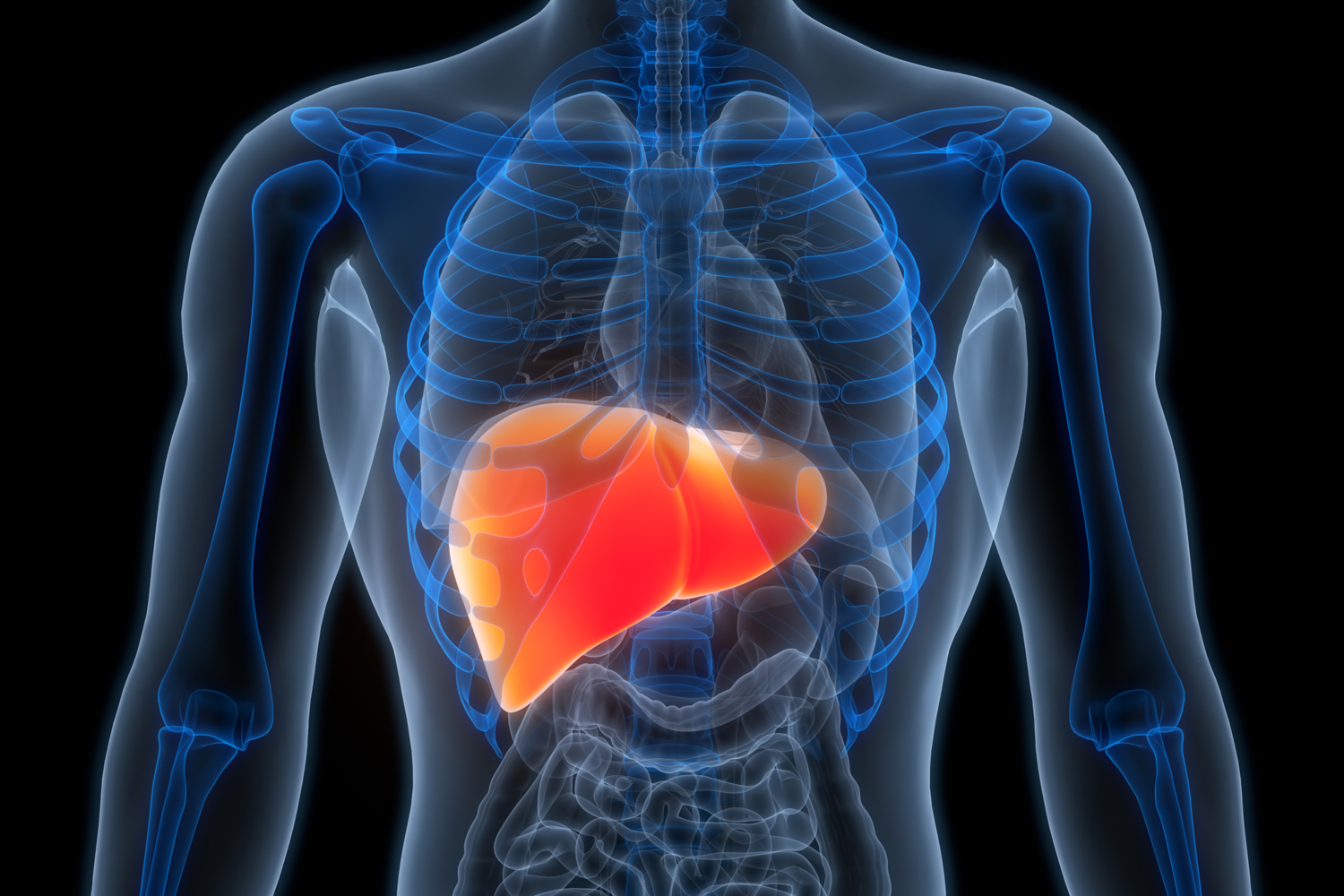Every week, the editors of Cancer Today magazine bring you the top news for cancer patients from around the internet. Stay up to date with the latest in cancer research and care by subscribing to our e-newsletter.
Most Cases of Liver Cancer Are Linked to Preventable Causes
Researchers found 60% of liver cancer cases globally can be attributed to modifiable risk factors, such as alcohol consumption, metabolic dysfunction and hepatitis infection, according to an article in the Lancet. Liver cancer is the sixth most common cancer in the world, with 900,000 new cases expected annually, the New York Times reported. “Liver cancer is common, it causes immense suffering and death, and the saddest part for me as a physician is that most of the cases are preventable,” Brian P. Lee, a transplant hepatologist at Keck Medicine at USC in Los Angeles who was not involved in the study, told the Times. In the U.S., screening, vaccination and treatment have helped decrease the impact of viral hepatitis on liver cancer incidence. But alcohol use and metabolic conditions associated with obesity and Type 2 diabetes can contribute to increased liver scarring that can lead to liver cancer. Current guidelines recommend monitoring for liver cancer in people who have a history of hepatitis or cirrhosis, which is severe, often irreversible scarring of the liver. Primary care doctors can use blood tests to detect scarring when it becomes more serious. People who show signs of scarring and metabolic dysfunction can often reduce their risk for cancer by making changes to get more exercise and eat healthier, the Times reported.
Skin Cancer Can Be Caused by a Type of HPV
Doctors discovered that skin cancer can be caused by human papillomavirus (HPV), according to a case report in the New England Journal of Medicine. The team from the National Institutes of Health found that the cancer was caused by beta HPV, a type of the virus distinct from HPV strains associated with cervical, throat and other cancers. The woman in whose cancer this was found had a condition that weakened her immune system, which allowed the beta HPV to infiltrate the skin cells. There, the virus caused changes in the DNA that led to squamous cell carcinoma, the second most common type of skin cancer. Beta HPV is found in about 90% of people, most commonly on the skin. However, it is unlikely to cause cancer in people with healthy immune function, NBC News reported. “This is just one patient, and they have this unique situation of an immunological condition that enables the beta HPV to replicate unchecked,” Anthony Oro, a dermatologist and skin cancer specialist at Stanford Medicine in California who wasn’t involved in the case, told NBC News. How many people may be at risk for cancer caused by beta HPV is not known, but in some people with compromised immune systems, “beta-type HPV viruses could contribute to skin cancer and maybe other kinds of cancers as well,” Oro said. The woman received a stem cell transplant, a procedure that replaced her immune cells with new ones that kept HPV from replicating, NBC News reported.
Ultraprocessed Foods Linked to Lung Cancer Risk
Another study has linked high consumption of ultraprocessed foods with cancer. In this case, scientists identified risk for a new disease: lung cancer. In a study published in Thorax, researchers analyzed medical records for 101,732 people in the U.S. who participated in the Prostate, Lung, Colorectal and Ovarian Cancer Screening Trial and filled out a questionnaire about their eating habits. In the results, the quarter of participants who reported the highest consumption of ultraprocessed foods had a 41% higher risk for lung cancer than those in the lowest quarter. Ultraprocessed foods include synthetic additives, such as artificial colors and flavorings and preservatives. The study noted that this includes hot dogs, candies and soda, as well as sour cream, bread, breakfast cereals and pizza. The study was observational, meaning it wasn’t able to prove causation between ultraprocessed foods and lung cancer. While it adjusted for other risk factors, such as smoking, researchers noted there was still potential for confounding factors in identifying the risk factors for lung cancer, CNN reported. Diets high in ultraprocessed foods have been associated with several health conditions, including heart disease and diabetes. They also often coincide with other unhealthy eating habits, such as higher consumption of saturated fats, salt, sugar and calories. Fang Fang Zhang, a cancer epidemiologist at Tufts University in Boston who was not involved in the study, told CNN that people who wish to start healthier eating habits can begin by avoiding foods that have long lists of unfamiliar ingredients on the product labels. “Prioritize whole food and prepare meals using whole or minimally processed ingredients whenever possible,” she said.
Cancer Today magazine is free to cancer patients, survivors and caregivers who live in the U.S. Subscribe here to receive four issues per year.





